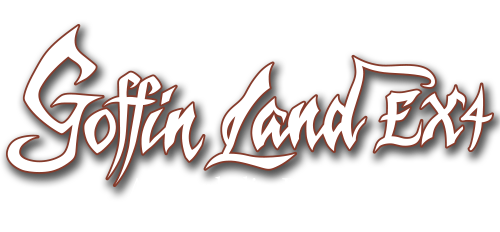Goffin Land
A city farm, based on appropriate permaculture practices, features animal husbandry, market garden, community learning zone, stimulating play scape, & therapeutic and physical training facility. A meeting place, wholesome food canteen featuring home produced dishes and a convivial space for serendipitous occasion.
The vision is for non commercial activities to be supported by a eco oasis green tourism / visitor centre but lack of recognition of the Local Plan Guidelines by councillors and planning officers has scuppered an opportunity of £175 000 grant for this project. So no tourism for now. An occasional wedding maybe held here to subsidise the loss making farming operations and a market garden project.
Permaculture
The definition below comes from Urban Harvest.
Permaculture started with a collaboration between Bill Mollison and David Holmgren at the University of Tasmania in the 1970’s. The foundation text by these two founders was Permaculture One (1978). It was followed up by Mollison’s much more comprehensive Permaculture: A Designers’ Manual (1988). Many permaculture teachers regard that book as a seminal work.
Permaculture is an ecological, holistic and sustainable design system and philosophy for human living spaces. It is a viable method for finding sustainable solutions to modern problems. It has been successfully used around the world to maximize food production, regenerate springs, cool homes without air conditioning, revive deserts, transform lives, reorganize towns and neighbourhoods, reduce pollution, and much else.
The essence of permaculture is summed up by 3 ethic principles:
Care of the Earth | Care of the People | Share the Surplus
The term permaculture refers to a nature-inspired design philosophy for creating permanent cultures by assuring their prerequisite— permanent, that is sustainable, agriculture. Mollison was concerned decades ago about the unsustainable nature of our fossil fuel economy. And as a forester, he was impressed with the stability and productivity of mature forests. He believed that humans could profitably copy many of the ideas we get from observing nature and applying them in gardens, towns, and the farming systems we create.
Broadly, permaculture is an effort to reduce labor needed and energy consumed in all aspects of human endeavour so that scarce resources are used to their max and waste is absolutely minimized. One concomitant of the effort to reduce waste and energy use is the effort to produce as much food as possible as close to where one lives as is practical.
The permacultural method borrows heavily from a very accurate understanding of ecology, the efficiencies nature creates, and an effort to understand all technologies ancient and modern that might help.
Recent Posts
- Connections16th May 2024 - 6:48 pm
Sunday 26th May Connections BRING & SHARE A new monthly opportunity to connect with nature on Goffin Land and be with others.
 An opportunity for a city farm in Exeter?2nd February 2023 - 6:57 pm
An opportunity for a city farm in Exeter?2nd February 2023 - 6:57 pmReady to go State of the art Regenerative No-Dig commercial market garden in the Exeter Looking for experienced growers to take over asap The growing area is 1/2 acre + […]
